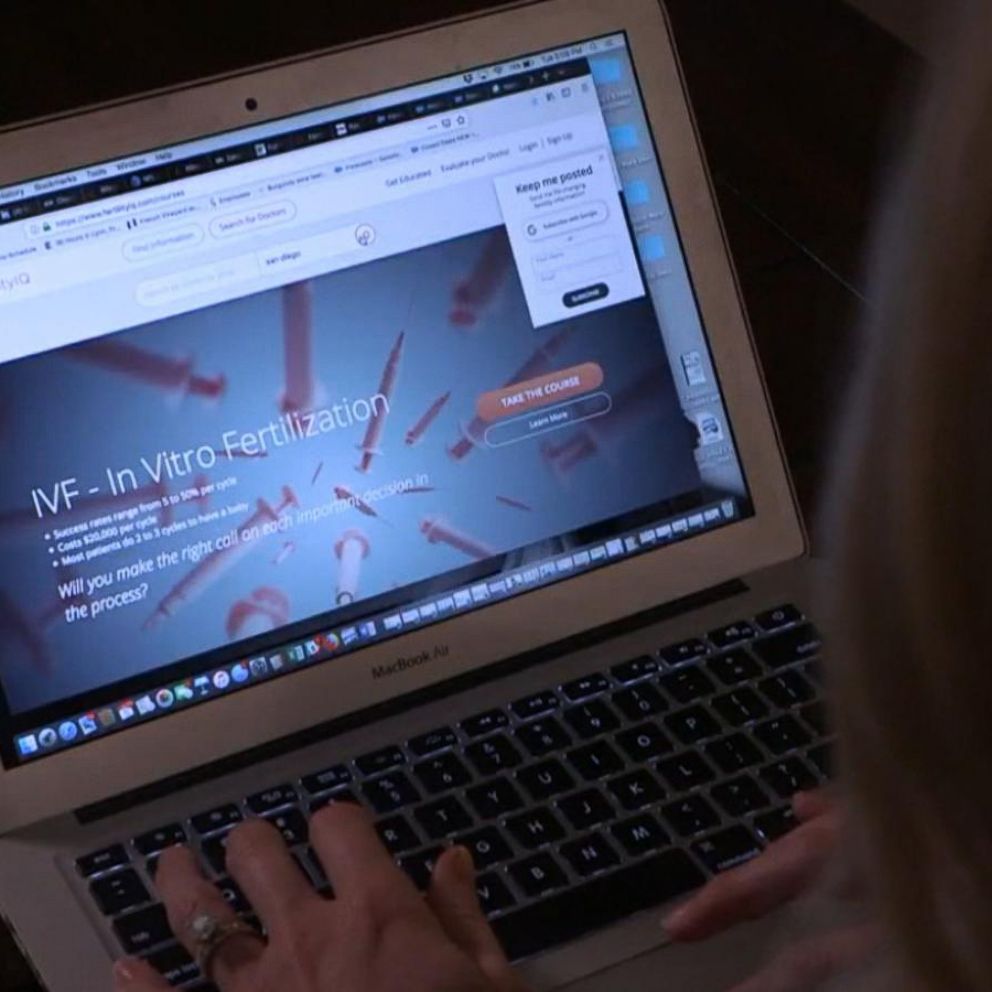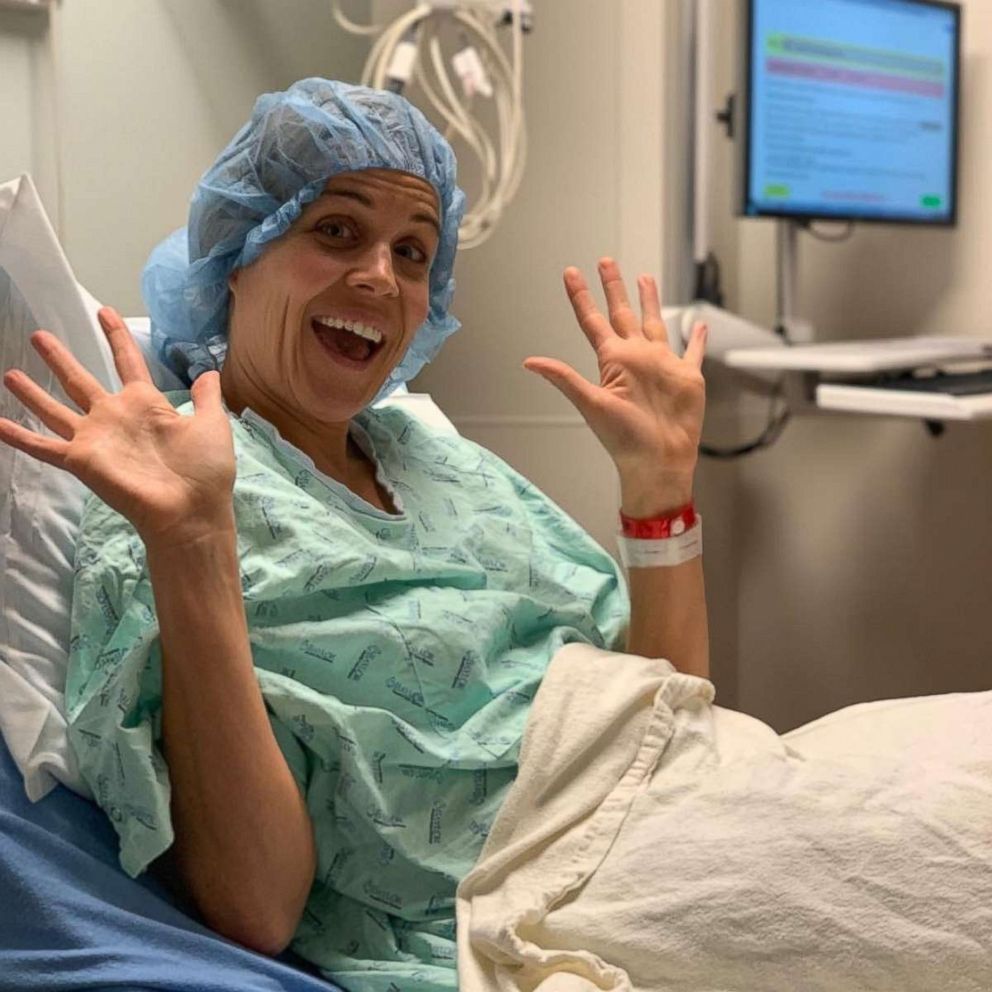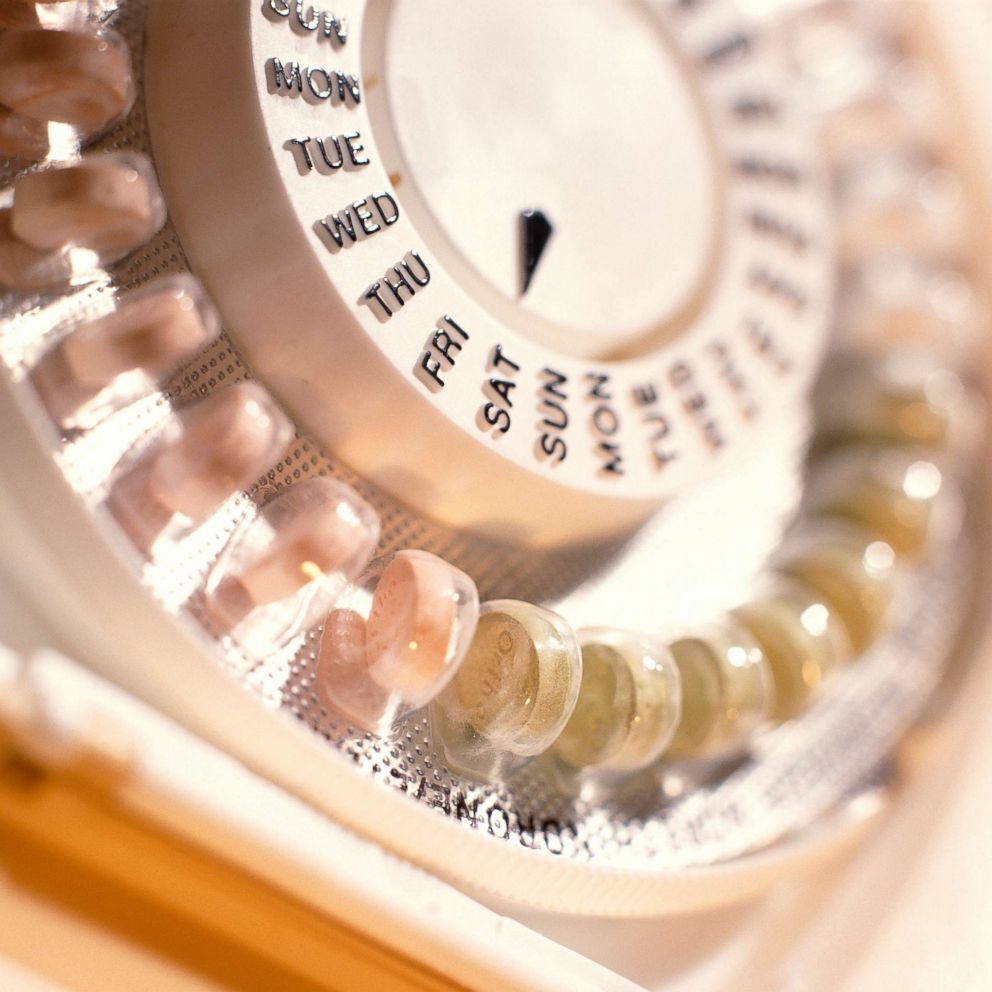Debunking the top 3 myths about infertility
More than 6 million women in the U.S. struggle with infertility.
In spite of the fact that over 6 million women in America struggle with infertility, according to the U.S. Department of Health and Human Services, there remain boundless misconceptions about conception.
In honor of National Infertility Awareness Week, "Good Morning America" and ABC News chief medical correspondent Dr. Jennifer Ashton teamed up to bust or break down some infertility myths about birth control, IVF treatments, age and more.
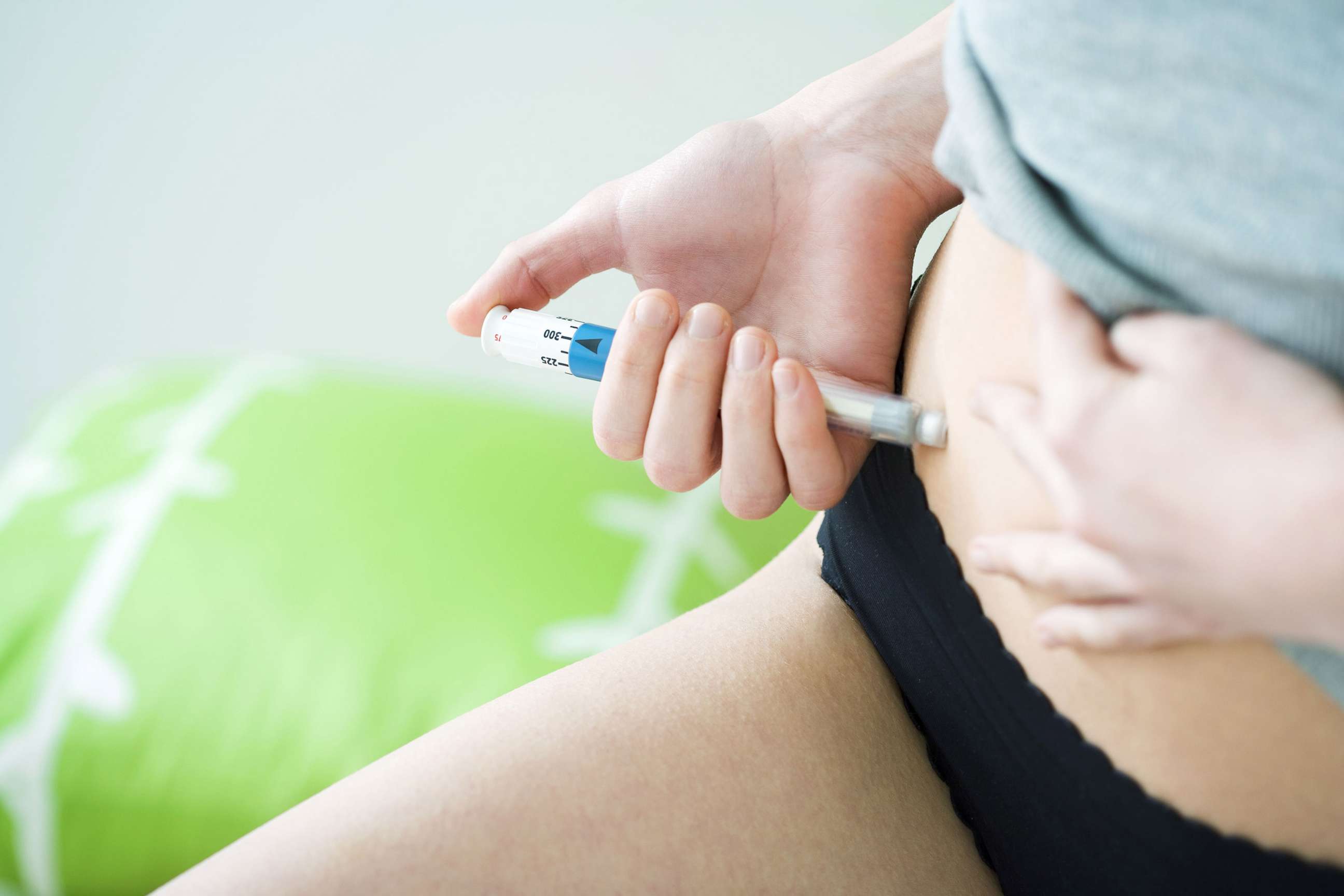
Infertility Myth 1: Using birth control for years can make you less fertile
Ashton, a board-certified OBGYN, said this is one of the most common questions about infertility that she gets from patients. But rest assured, the answer is that using birth control for years does not make you less fertile.
Ashton says that no matter how long you have been on the pill, your ovaries will always be happy to have you back.
Birth control does not do anything to affect the quality of your eggs, and once the pills are out of your system -- which can only take 48 hours -- you can start a new ovulation cycle and get pregnant as soon as the first month you're off the pill.
Infertility Myth 2: Multiple rounds of IVF will not increase your chances of getting pregnant
Multiple rounds of IVF treatment will increase your chances of getting pregnant, according to Ashton. Studies show that if women do enough IVF cycles, the majority will conceive -- meaning the more rounds, the more chances.
The issue often arises because most women will drop out before that point because of the cost as well as the physical and emotional strain.
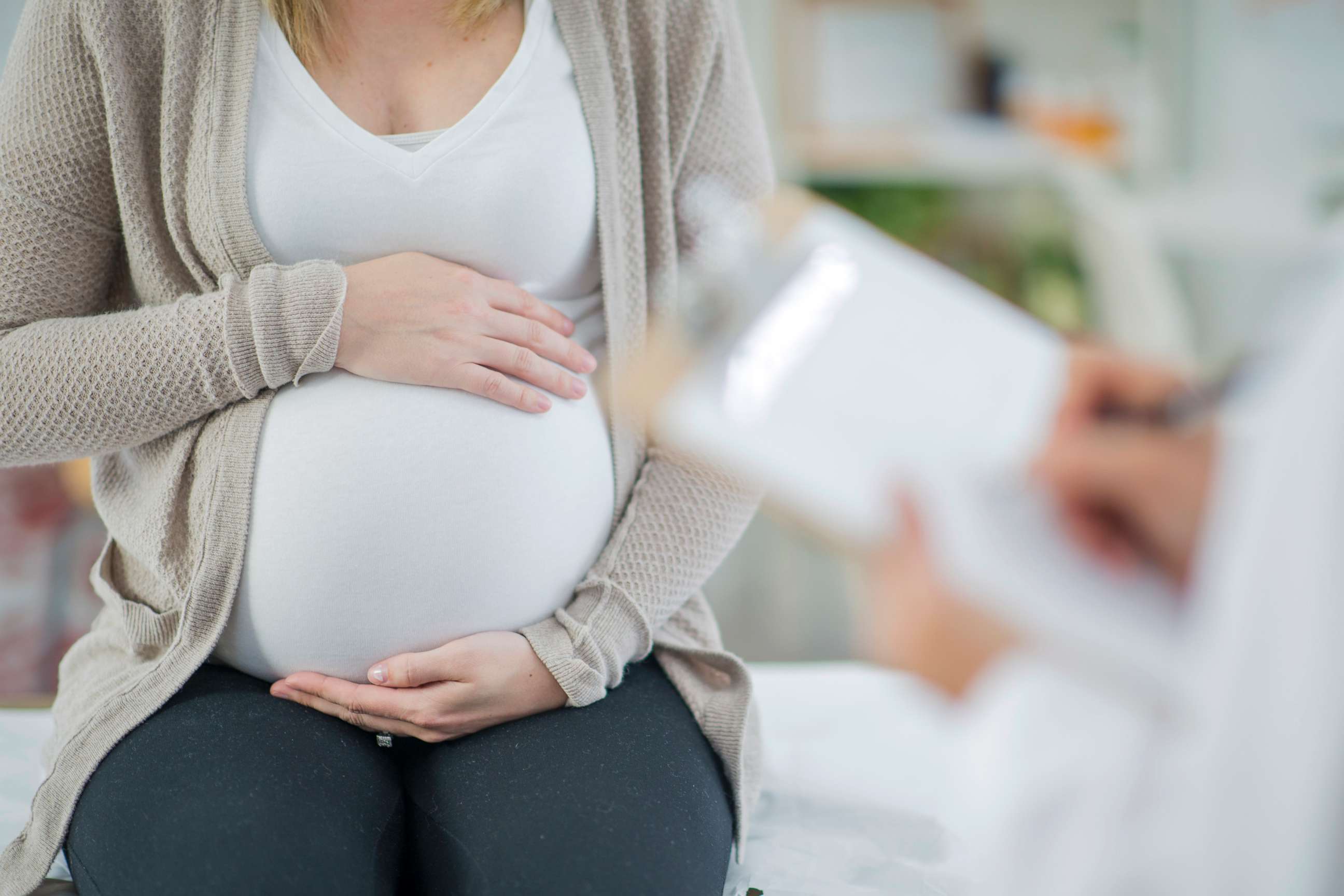
Infertility Myth 3: If you are under 30 you won't have fertility issues
While it is absolutely true that age is a massive factor when it comes to fertility (the older a woman gets, she has fewer eggs of lesser quality) there are also many younger women who face fertility issues, Ashton said.
If you are worried that you may be struggling with fertility and are over the age of 35, Ashton recommends getting tested for fertility problems after 6 months of trying to conceive naturally.
If you are under 35, Ashton recommends getting tested after a year of trying. It's not generally accepted to check your fertility status before trying to conceive, as tests can often be expensive and not covered by insurance, according to Ashton. If you are looking to be preventative and proactive when it comes to your fertility health, women should get screened frequently for STDs and maintain a healthy lifestyle.
What can decrease a woman's chance of becoming pregnant?
There are a few lifestyle factors that can decrease a woman's chances of getting pregnant. Those include being age 30 or over, smoking, heavy alcohol use, stress, poor diet, diabetes, or being significantly over or under weight, according to the Department of Health and Human Services.
Editor's note: This story was originally published on April 22, 2019.
